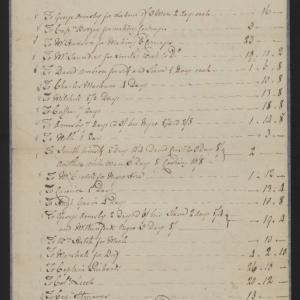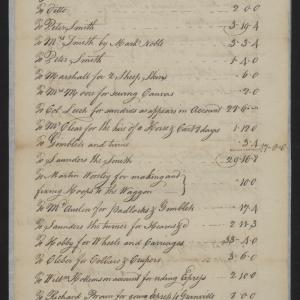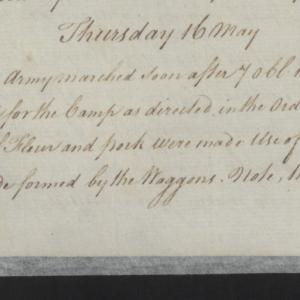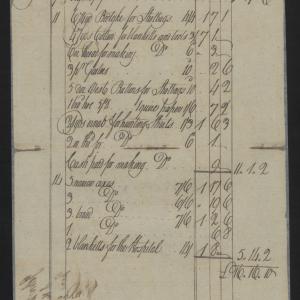Biographical Description
William Tryon (1729-1788) was a high ranking British army officer and colonial administrator who served as governor of colonial North Carolina from 1764 to 1771. During his tenure as governor, Tryon contended with opposition to the Stamp Act of 1765. In 1767 Tryon levied a special tax to raise funds for the construction of Tryon Palace, an ornate building which would serve as the residence for the governor and a space for government offices. Citizens who disagreed with this tax, the unchecked power of corrupt government officials, and the complicated land grant system came together to form a group called the Regulators. From 1766 to 1771 the Regulators protested using both legal and illegal tactics. The Regulator Rebellion culminated in the Battle of Alamance on 16 May 1771 with the victory of Governor Tryon and the North Carolina militia. Following the battle, any remaining Regulators and Regulator sympathizers were forced to sign loyalty oaths. William Tryon's governorship in North Carolina ended in June 1771. He later served as governor of New York (1771-1780).





